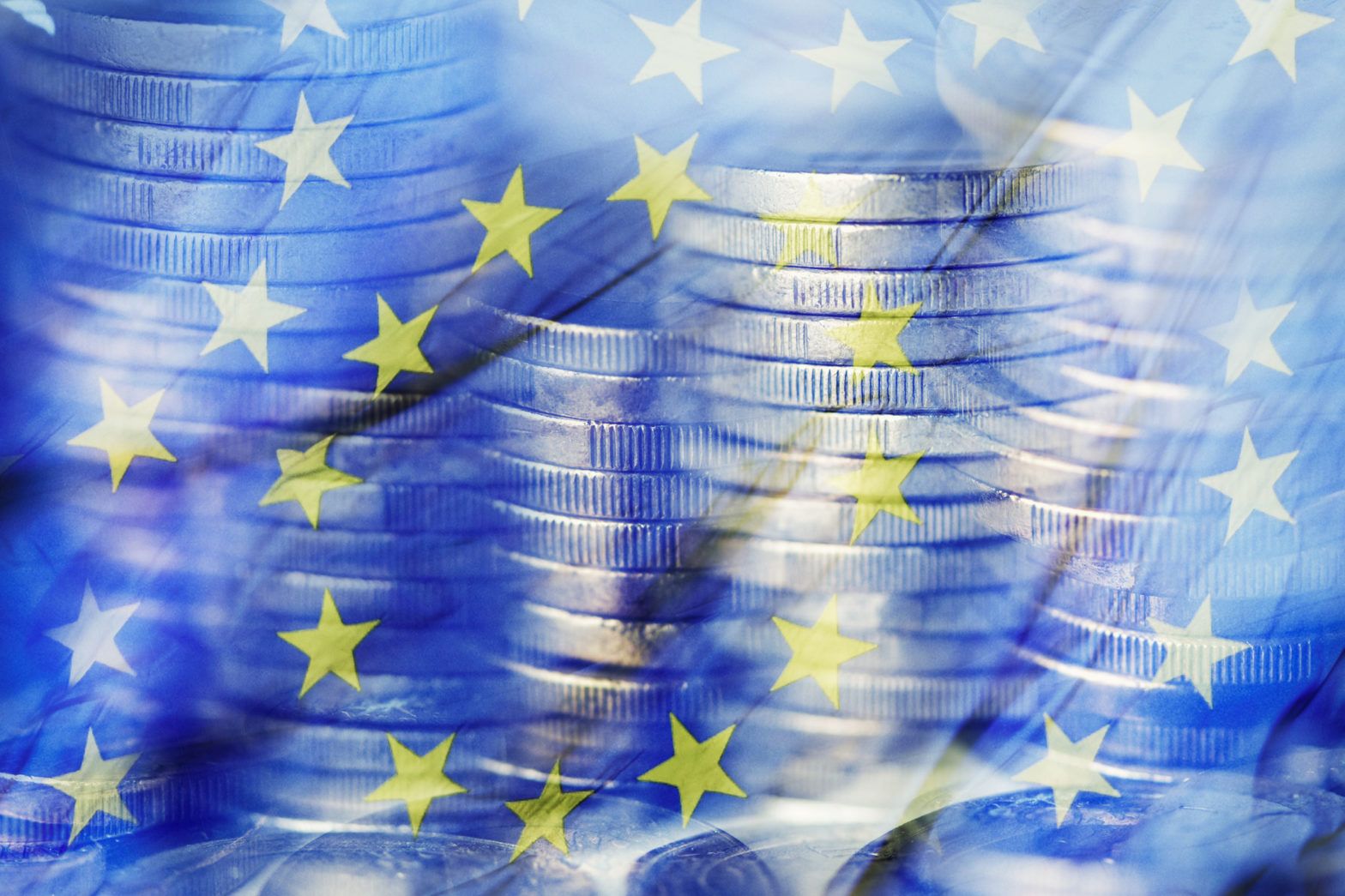Five banks will collectively pay €344m after the European Commission concluded that employees had exchanged sensitive information and trading plans regarding the foreign exchange spot trading of G10 currencies.
UBS, Barclays, RBS and HSBC were fined a total of €261m, after they co-operated with the investigation and settled the case.
A separate penalty of €83m was imposed on Credit Suisse.
It comes six months after the EC determined that Bank of America, Natixis, Nomura, RBS (now NatWest), UBS, UniCredit and WestLB (now Portigon) similarly breached EU antitrust rules.
Integrity undermined
Commenting on the latest case, commissioner Magrethe Vestager, who is in charge of competition policy, said: “Today we complete our sixth cartel investigation in the financial sector since 2013 and conclude the third leg of our investigation into the foreign exchange spot trading market.
“Our cartel decision to fine UBS, Barclays, RBS, HSBC and Credit Suisse sends a clear message that the Commission remains committed to ensure a sound and competitive financial sector that is essential for investment and growth.
“Foreign exchange spot trading activities are one of the largest financial markets in the world. The collusive behaviour of the five banks undermined the integrity of the financial sector at the expense of the European economy and consumers.”
Currency trading
Between 2007 and 2013, via an online chatroom group called Sterling Lads, the traders exchanged information that enabled them to make informed buy/sell decisions regarding the currencies in their portfolios.
On occasion, they would co-ordinate their activity through a practice called ‘standing down’ where some would refrain from trading to avoid interfering with the actions of others.
The basket of currencies at the heart of the collusion included:
| Sterling | Euro | Japanese Yen | Swiss Franc |
| US Dollar | Canadian Dollar | New Zealand Dollar | Australian Dollar |
| Danish Crown | Swedish Crown | Norwegian Crown |
Fines
In setting the fines, the Commission took into account, in particular, the sales value in the European Economic Area (EEA) achieved by the cartel participants for the products in question, the serious nature of the infringement, geographic scope and duration.
In terms of leniency, UBS received full immunity in return for revealing the existence of the cartels.
Barclays, RBS and HSBC benefited from reductions to their fines for co-operating with the Commission’s investigation and agreeing to settle.
The EC added: “Since Credit Suisse did not cooperate under the leniency or settlement procedures, it did not benefit from any reductions granted within those frameworks.
“The Commission has, however, granted a total reduction of 4% to reflect the fact that Credit Suisse is not held liable for all aspects of the case.”
| Company | Leniency reduction | Settlement reduction | Total Fine |
| UBS | 100% | 10% | €0 |
| Barclays | 30% | 10% | €54,348,000 |
| RBS | 50% | 10% | €32,472,000 |
| HSBC | 15% | 10% | €174,281,000 |
| Credit Suisse | 0% | 0% | €83,294,000 |
Had none of the banks been eligible for any reduction in their fines, the total penalty of €344m would have been €94m higher.







